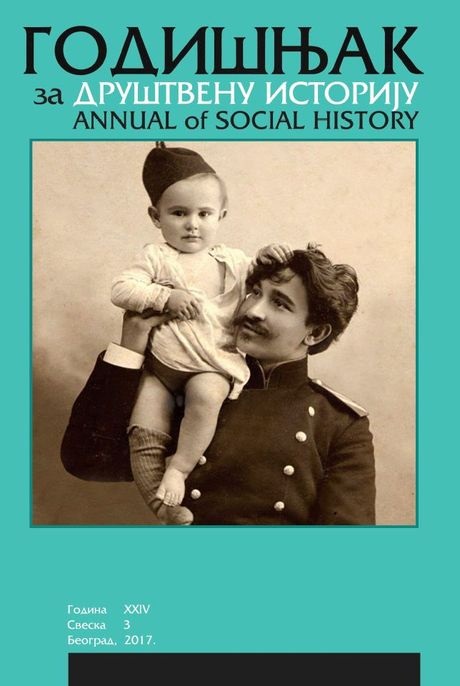Национални идентитет „граничара“ – случај Душана Тодоровића, професора руског језика у Токију од раних дана до краја Првог светског рата
National Identity of a ‘Borderland Man’: the case of Dušan Todorović, Russian Language Professor in Tokyo – from early days until end of World War I
Author(s): Nobuhiro ShibaSubject(s): Political history, Social history, Nationalism Studies, Pre-WW I & WW I (1900 -1919), Interwar Period (1920 - 1939), Politics of History/Memory, Politics and Identity
Published by: Udruženje za društvenu istoriju
Summary/Abstract: This paper presents the life of Dušan Todorović (1875–1963), a professor of Russian language at the Tokyo Institute for the State of Languages from 1909 to 1940, as an example of the “change” of national identity in a political turbulent period. Dušan Todorović was born as a Serb in the borderland of the Habsburg Empire, he studied the Gymnasium and the Faculty of Technology in Belgrade (Kingdom of Serbia) and went to Petersburg for further studying, as a scholarship student by the Russian government in 1894. Todorović worked as teacher of physics and mathematics at several schools for 7 years in Russia, and then came to Japan in April, 1909 to taught Russian language at Tokyo Institute for Foreign Languages. In World War I he started to support Serbia with donations through Red Cross of Japan and in interwar period he was a ‘private ambassador’ of the new country, Yugoslavia in Japan (and only one person in Japan from Yugoslavia).
Journal: Godišnjak za društvenu istoriju
- Issue Year: 2017
- Issue No: 3
- Page Range: 27-50
- Page Count: 24
- Language: Serbian

